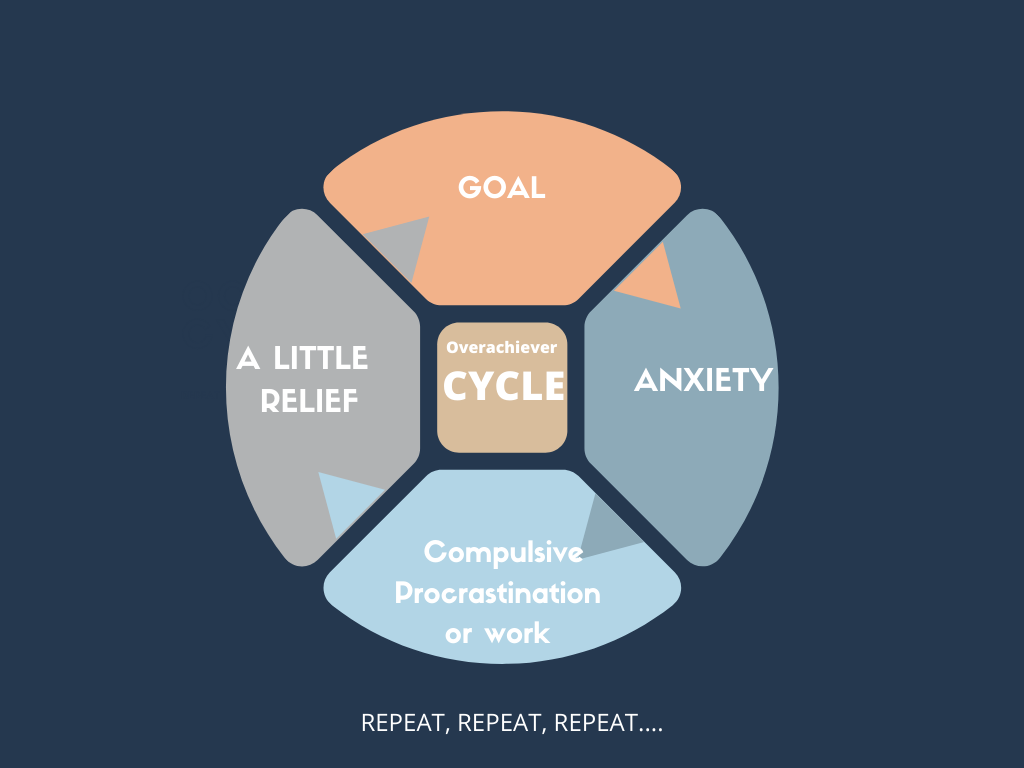Suicide Loss in Families: Understanding Tragedy
One of my most cherished memories of my grandfather, Pappa Joe, is the day we all gathered and ended up breakdancing together-my grandmother...
5 min read
KD HOLMES, LPC, EMDR CERTIFIED, BTTI TRAINED
:
Oct 18, 2019 10:56:35 AM

Depression symptoms aren't just feeling sad-it’s gripping, immobilizing, and can leave a lasting impact on quality of life. Depression symptoms often interfere with daily functioning, relationships, and motivation, which is why many people seek therapy for relief, hope, and meaningful solutions.
Nearly everyone has faced a short bout of depression at some point, and while it’s unpleasant, it’s also a natural response to the challenges, losses, and transitions of life. Think about the heartache of a painful breakup, the physical and emotional shifts of pregnancy, the long-term battle of health conditions, or the deep despair of losing a loved one. These experiences touch us all. They leave bruises. However, for many, given time and a supportive network, these episodes gradually fade like a passing storm.
But what happens when the storm doesn’t pass? When the clouds stubbornly linger, and the sun doesn’t seem to return? For some, depression becomes more than an occasional visitor-it turns into a constant companion, an oppressive weight making it nearly impossible to climb out of the metaphorical hole and reengage with the world.
Chronic and persistent depression frequently stems from a delicate interplay of biological, environmental, and social factors. From the invisible workings of chemical imbalances in the brain to relentless or toxic external circumstances, the roots are often deep and tangled.
For some, the chemistry of depression begins within the brain itself. Neurotransmitters-chemical messengers key to mood regulation-can be in short supply or malfunction, creating shifts in energy, motivation, and well-being. Certain individuals might also inherit a genetic predisposition, making them more vulnerable to mood disorders. Conditions like ADHD, autism, and other neurodivergent profiles can intensify this experience, making traditional solutions feel ineffective or even counterproductive.
The environment also plays a vital role. An unhealthy romantic relationship, a draining job, financial strain, or the chronic stress of caregiving can keep the system in a state of tension. For others, environmental collapse may happen in moments-sudden illness, job loss, or abrupt betrayal confusing their emotional compass. And when both external stressors and internal imbalances collide, it often compounds the difficulty of finding a way forward.
Tailoring Solutions: Knowing the source-or likely combination of sources-of your mental health struggles informs the best path forward. Understanding doesn’t just bring clarity; it builds a foundation for intentional, targeted options like therapy, medication, lifestyle interventions, and building a strong support network.
When discussing MDD, the scale of its impact on humanity cannot be ignored. Globally, depression affects hundreds of millions, yet a staggering number remain undiagnosed or untreated, their daily lives shadowed by despair.
Depression doesn’t discriminate. Statistics show it touches people across every age group-but the triggers and symptoms shift over time.
For adolescents and young adults, academic pressure, social stressors, and identity exploration can act as tipping points.
Middle-aged adults encounter unique struggles like professional demands, parenting challenges, and financial worries.
Older adults often face challenges related to health, isolation from loved ones, or significant lifestyle changes post-retirement.
Acknowledging the broad reach of depression across life stages emphasizes the importance of both compassion and tailored care for those in different chapters of life.
Depression doesn’t always manifest in obvious ways. Many individuals mask it behind routines and daily responsibilities. However, the symptoms can offer insight into this internal struggle if we learn to listen.
The pain of depression is deeply personal, often described in snapshots of struggle:
Such thoughts highlight just how much of a thief depression can be, robbing individuals of their joy, energy, and connection with the outside world.
For neurodivergent individuals-ADHD, Autism, or other differences affects how they perceive and process the world-depression carries its unique challenges. The struggle isn’t just about managing or overcoming depression; it’s also about navigating a mental health system that often fails to accommodate neurodivergent needs. Many therapists and traditional systems rely on strategies designed for neurotypical individuals, which frequently fall short or even backfire for those whose minds function differently.
Imagine being encouraged to practice a traditional relaxation technique like mindfulness or meditation, only to find that your mind races endlessly, making stillness feel impossible. Or picture being overwhelmed during sensory overload, yet given solutions that ignore the importance of adapting to your heightened sensitivities. These experiences can lead to frustration, feelings of failure, and even a worsening of symptoms when the tools provided simply aren’t the right fit.
Tailored Support: Finding mental health professionals who truly understand neurodivergence and its complexities can be life-changing. These therapists are better equipped to recognize the need for flexible, individualized approaches that align with how your mind works. By focusing on strategies that feel achievable rather than forcing square pegs into round holes, neurodivergent individuals can begin to find relief, empowerment, and sustainable ways to manage their mental health. It’s about creating a system of care that embraces neurodiverse thinking, rather than trying to reshape it.
There’s a cruel twist in depression’s design-its symptoms often isolate those experiencing it, reducing the odds that they’ll reach out for help. Many grapple with an internal dialogue of shame and self-recrimination, plagued by the perception that they “should” overcome depression alone.
But depression isn’t a lack of effort-it’s a distortion occurring in the mind’s biology and chemistry. Understanding this scientific reality can reduce self-blame and replace it with deserved compassion.
The path out of depression involves courage and grit as individuals confront their pain and learn to move toward healing. This isn’t a quick fix—it’s an intentional act of self-advocacy.
Therapy: Whether it’s CBT, ACT, or the more structured DBT programs, finding the right therapist can make all the difference.
Medication: For those with pronounced symptoms, antidepressants or mood stabilizers can help recalibrate chemical imbalances.
Lifestyle Revamps: Addressing factors like exercise or diet often complements medical and therapeutic interventions.
Building Connections: While depression isolates, relationships heal. Forming or rebuilding a trusted network often becomes the foundation for recovery.
Even with progress, remember-healing often isn’t linear. That’s okay. Taking steps, no matter how small, moves you forward.
At times, breaking through depression can feel like taking on an impossible challenge, as though you're standing at the base of a mountain with no clear path forward. But just as we’d never expect ourselves to hike Everest without preparation, the right tools, and support, we shouldn’t demand immediate or effortless healing from our mental health struggles. It’s a journey, and every journey begins with one step. One moment of courage, one therapy session, one conversation with a loved one, or one medication adjustment can start clearing the path toward brighter days, even if it feels slow.
Depression is heavy, isolating, and often misunderstood, but it’s also something no one should have to face alone. If you or someone you know is feeling the weight of depression, please know that reaching out for help is not a sign of weakness-it’s a brave and powerful act of strength. Seeking support from a local provider, a trusted therapist, or even a confidential consultation line can be the first step toward relief and healing. It’s a way of showing yourself that you are worth the effort, and that it’s okay to lean on others for help.
Mental health is complex, and there’s no one-size-fits-all solution. Healing takes time, patience, and care, but you don’t have to do it alone. Together, we can unravel the intricacies of depression, one step at a time-because even the darkest storms eventually give way to light, and brighter days are always possible. Remember, hope is a beacon that may dim at times, but it never fully disappears. You are not alone in this journey.

One of my most cherished memories of my grandfather, Pappa Joe, is the day we all gathered and ended up breakdancing together-my grandmother...

One of the fundamental pillars of my therapeutic approach focuses on adults who find themselves entangled in the intricate web of anxiety and...

What is therapy for Depression? The common words “coping” can feel so clinical, can't it? Yet, depression, in all its shades and complexities, truly...